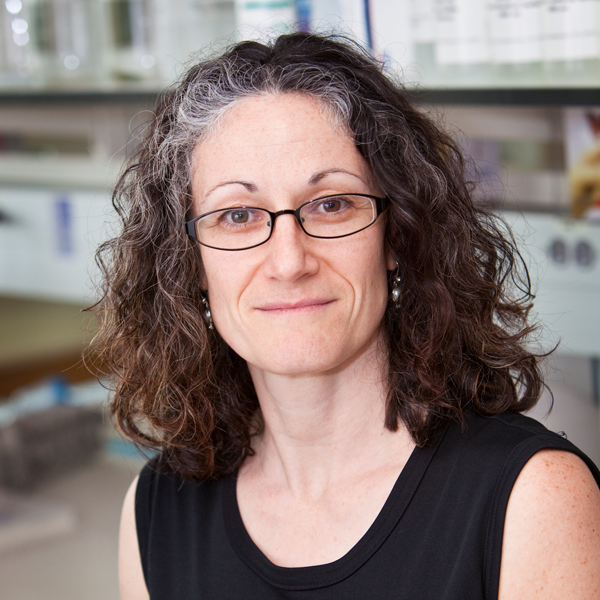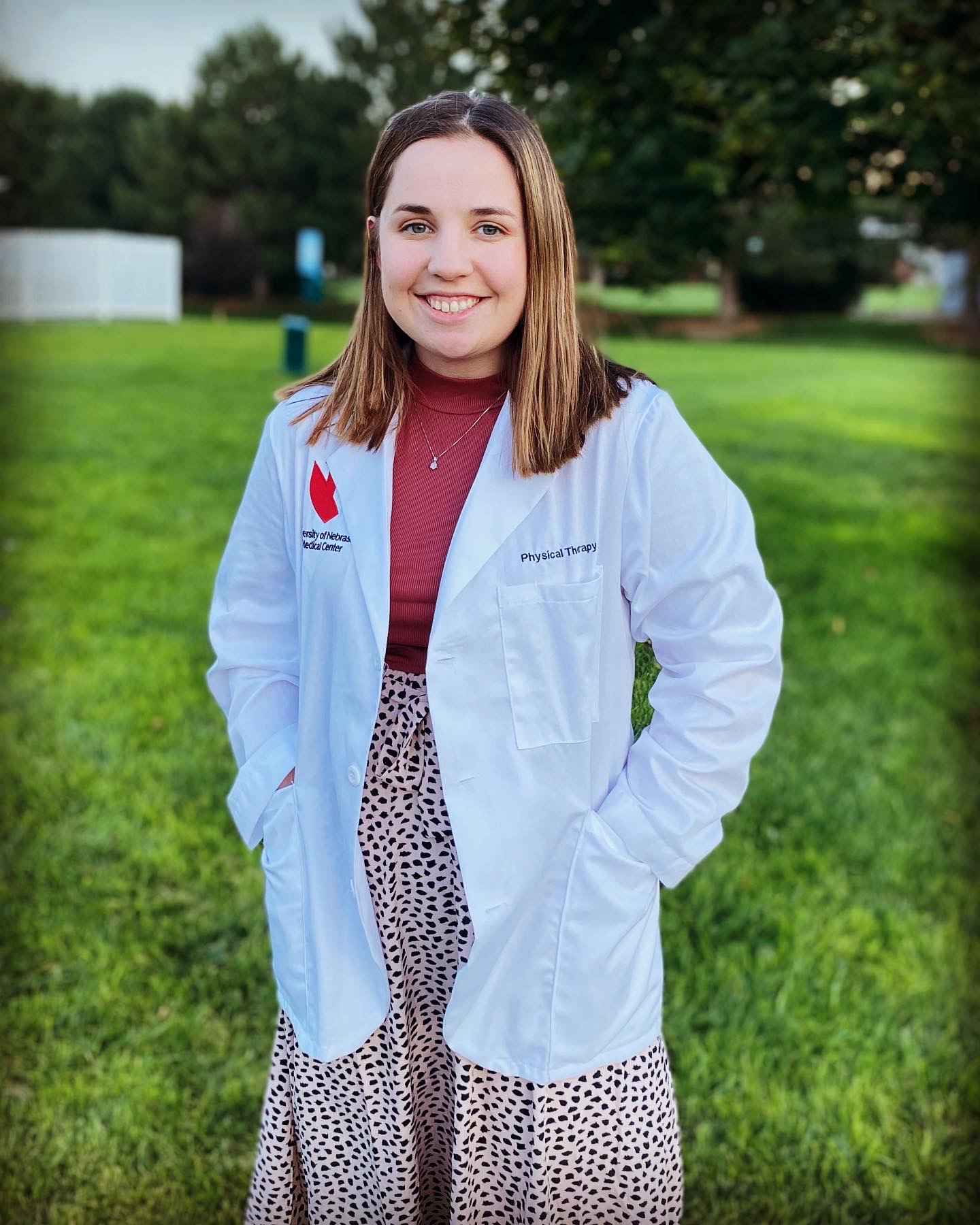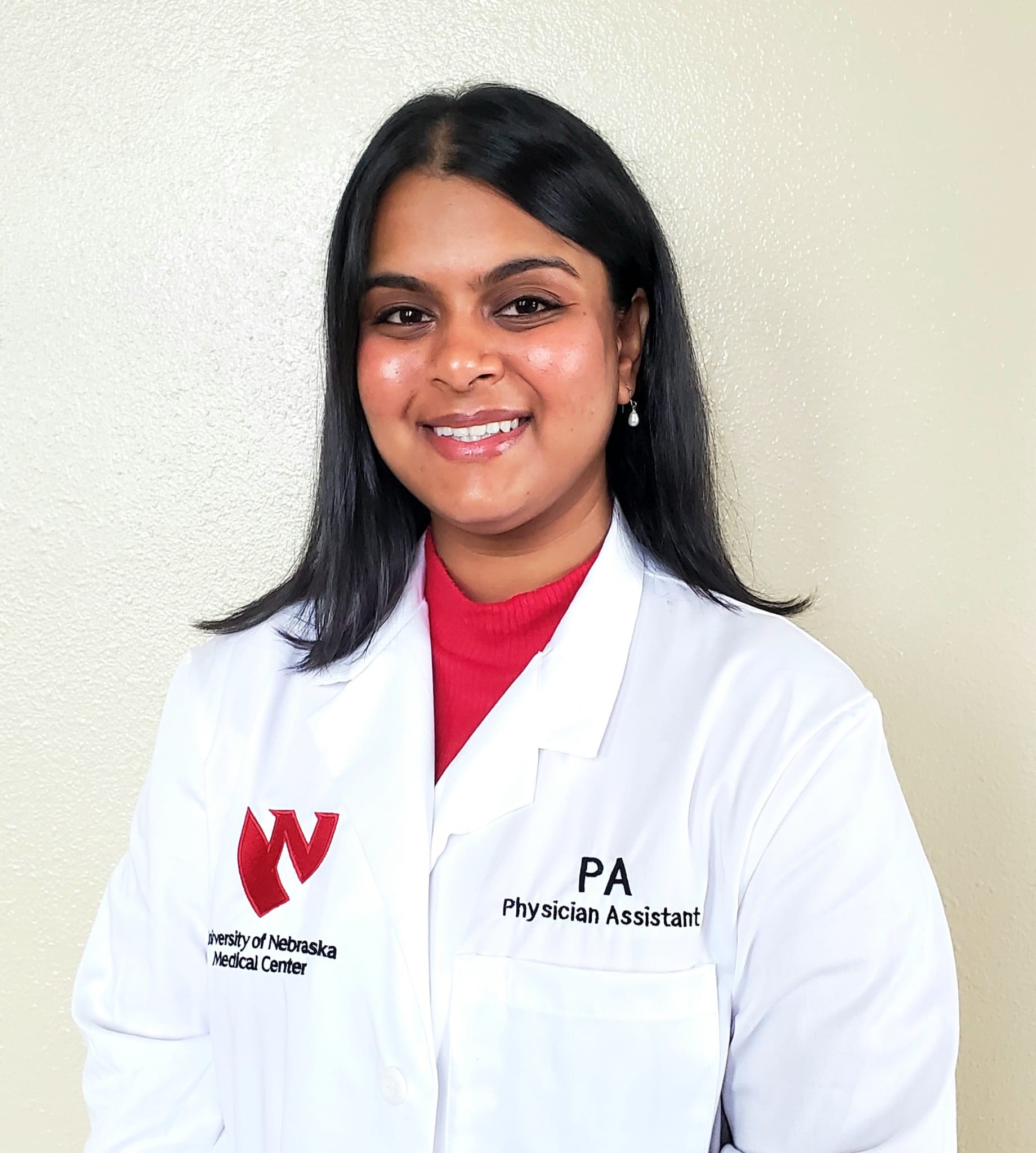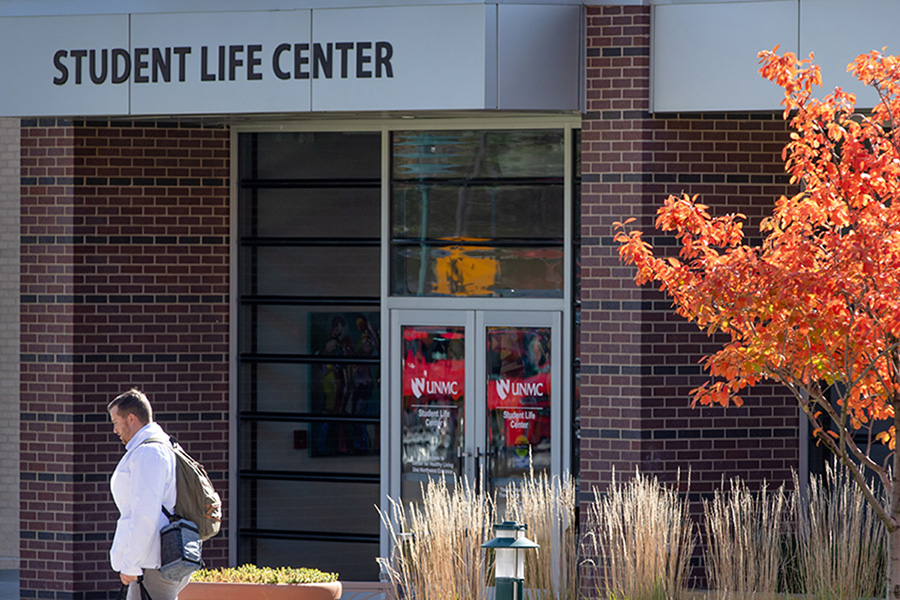Supplemental Instruction
Supplemental Instruction is an all-encompassing student success program that aids in academic support and preparedness, fostering student success in courses colleges and departments deemed historically challenging.
Supplemental Instruction offers peer-lead open forums for course-specific questions to assist in navigating the course rigor and support academic success. Supplemental Instructors offer support with topics including but not limited to:
Available Courses
Supplemental Instruction may be available for the following courses. Supplemental Instructor availability is based on scheduled course offering(s) for the current term.
- CIP 606 | Intermediate Physiology
- CPH 506/BIOS 806 | Biostatistics
- CPH 504/EPI 820 | Epidemiology in Puble Health
-
GCBA 571/908 | Structure of Human Body
- MITS 390R | Digital Imaging
- NRSG 301 | Foundations in Pathopharmacology I
- NRSG 321 | Foundations in Pathopharmacology II
- NRSG 401 | Foundations in Pathopharmacology III
- NRSG 302 | Health Assessment Across the Life Course
- NRSG 303 | Person Centered Care I
- NRSG 323 | Person Centered Care II
- NRSG 403 | Person Centered Care III
- NRSG 433 | Person Centered Care IV
- PHYT 574 | Human Anatomy
- CPH 506/BIOS 806 | BIOSTATISTICS
- CPH 504/EPI 820 | EPIDEMIOLOGY IN PUBLIC HEALTH
- MITS 402R | Introduction to Radiation Physics
- NRSG 301 | Foundations in Pathopharmacology I
- NRSG 321 | Foundations in Pathopharmacology II
- NRSG 401 | Foundations in Pathopharmacology III
- NRSG 302 | Health Assessment Across the Life Course
- NRSG 303 | Person Centered Care I
- NRSG 323 | Person Centered Care II
- NRSG 403 | Person Centered Care III
- NRSG 433 | Person Centered Care IV
- PHYT 512 | Neuroscience Foundations
- PHYT 575 | Clinical Anatomy of the thorax, abdomen, and perineum
- PMI 857 | Introductory Immunobiology
- CPH 506/BIOS 806 | Biostatistics
- CPH 504/EPI 820 | Epidemiology in Public Health
- NRSG 301 - Foundations in Pathopharmacology I
“The program provides students with both general resources and learning sessions with supplemental instruction leaders who recently completed the specific course(s) the students are taking.”

Karen Gould, PhD, MEd
Interim Dean of Graduate Studies; Professor, Department of Genetics, Cell Biology, and Anatomy; Vice Chair for Faculty Development, Department of Genetics, Cell Biology, and Anatomy
“SI are real students who have been in your shoes and can clarify even the hardest topics.”

Amelia Sayer
SPT, Class of 2026
“Before becoming an SI Leader, attending SI sessions was a game-changer for me. Anatomy was especially challenging at times, but hearing how other students approached tough concepts—like different ways to visualize muscle layers or remember nerve pathways—made everything click. That experience gave me the confidence and tools I needed to succeed, and it inspired me to become an SI Leader so I can help others in the same way.”

Namratha Jampana
PA-S3
“SI’s work closely with professors and students to help better explain challenging concepts. SIs are a valuable resource to students, allowing the same information presented in lectures to be re-explained in terms that students may understand better.”
Leah Vanderhorst
Supplemental Instructor
